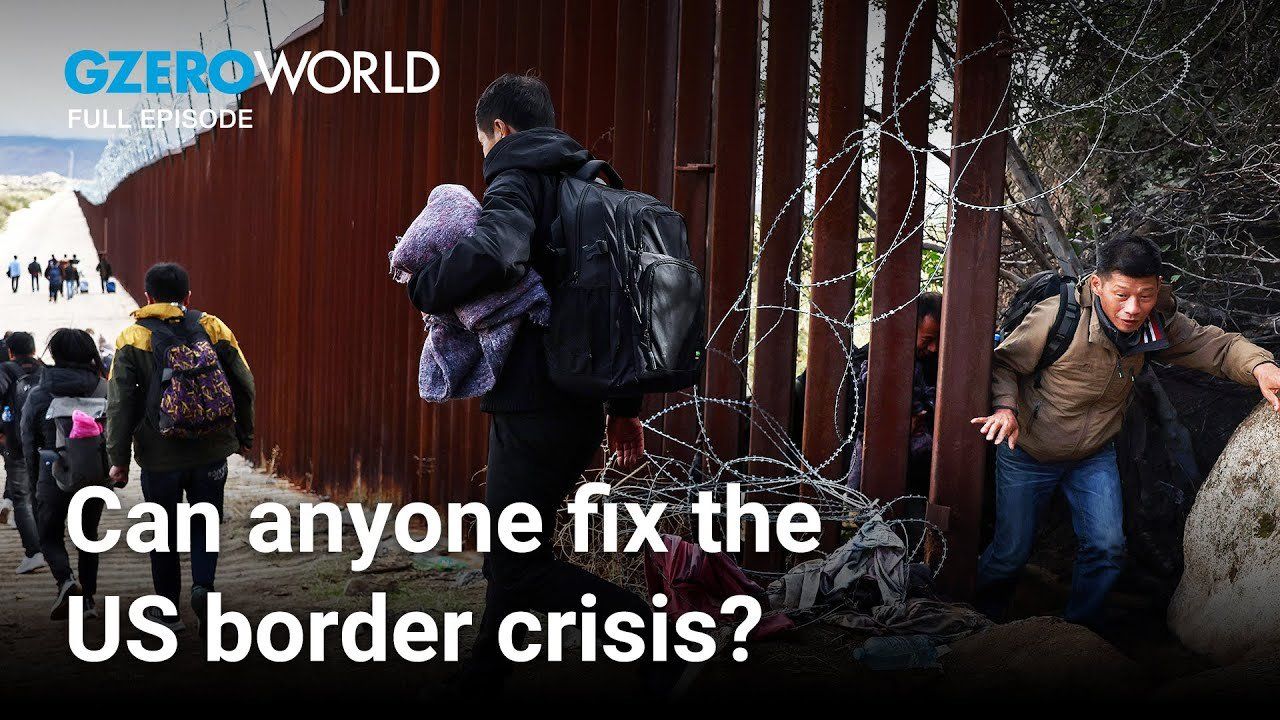
How do you solve a problem like the US southern border? If that question makes you hum a certain Sound of Music song, just know that it's more pleasant than whatever has been floating through the minds of the hundreds of members of the US Congress. Because if there was ever a week of dysfunction on Capitol Hill, this was it. Congress failed to advance, or even entertain, a bipartisan US border deal, which also included much-needed funding to Ukraine. Why? Because of a man who is not even in government now, but very well might be back again soon: Former President Donald Trump. To unpack why the border crisis is getting worse instead of better, Ian Bremmer speaks with lawmakers on opposing sides of the aisle in Capitol Hill.
"We have an urgent need for funding for Ukraine," California Democratic Congresswoman Zoe Lofgren says in an interview for GZERO World.. "I mean, urgent...I look at some of my colleagues, and it's like the communist wing of the Republican party. They're ditching Taiwan to China, ditching Ukraine to the Russians. I mean, it's really unbelievable."
Republican Congresswoman and Ukrainian immigrant Victoria Spartz, however, defended why she wouldn't support a border deal in the current form. "I don't think that this piece of legislation really addresses the important issues and strategies that we have to deal with. I don't think it's really addresses in our border situation. It's just kind of lipstick on a pig."
Catch GZERO World with Ian Bremmer every week online and on US public television. Check local listings.
- Texas takes immigration into its own hands ›
- The Graphic Truth: Where immigrants to US & Canada come from ›
- Immigration: A political minefield for Biden and Trudeau ›
- Ian Explains: Why Congress can't fix the US border problem ›
- Biden challenges Texas immigration law ›
- The New York migrant crisis up close - GZERO Media ›